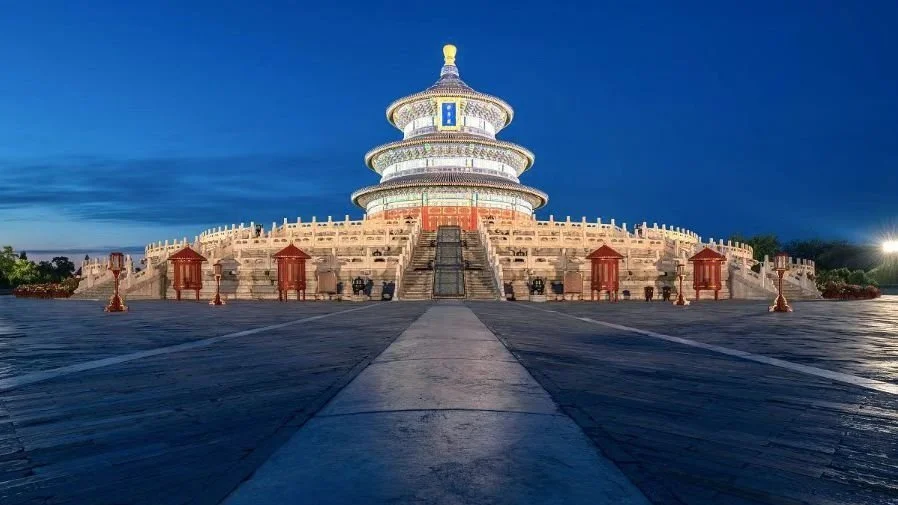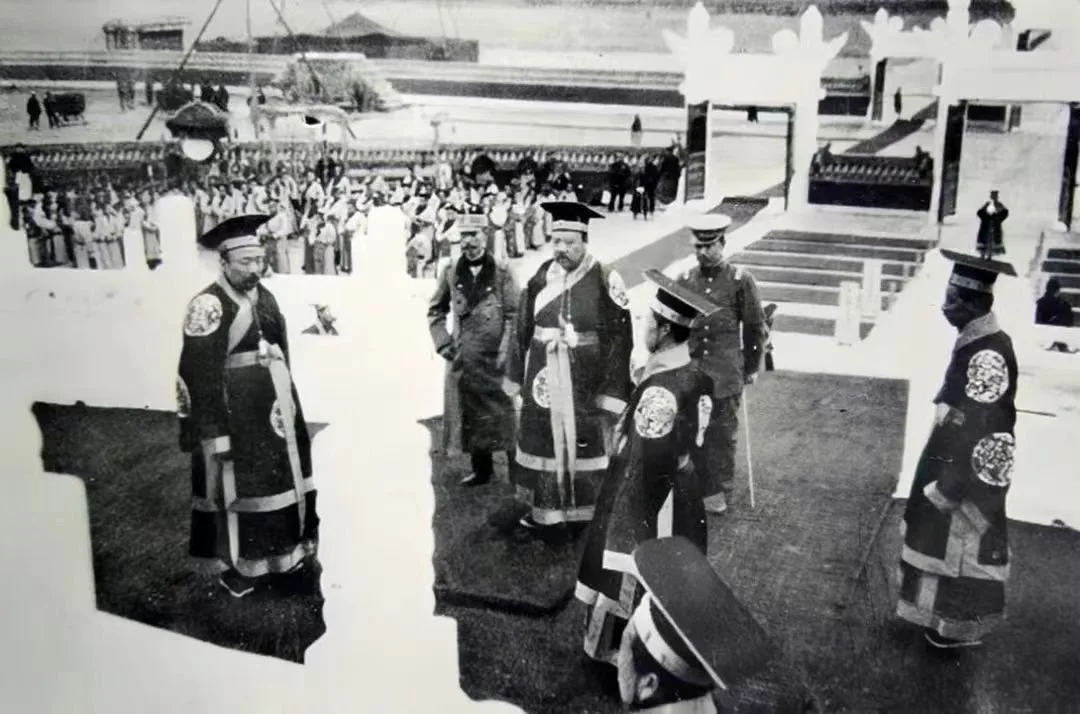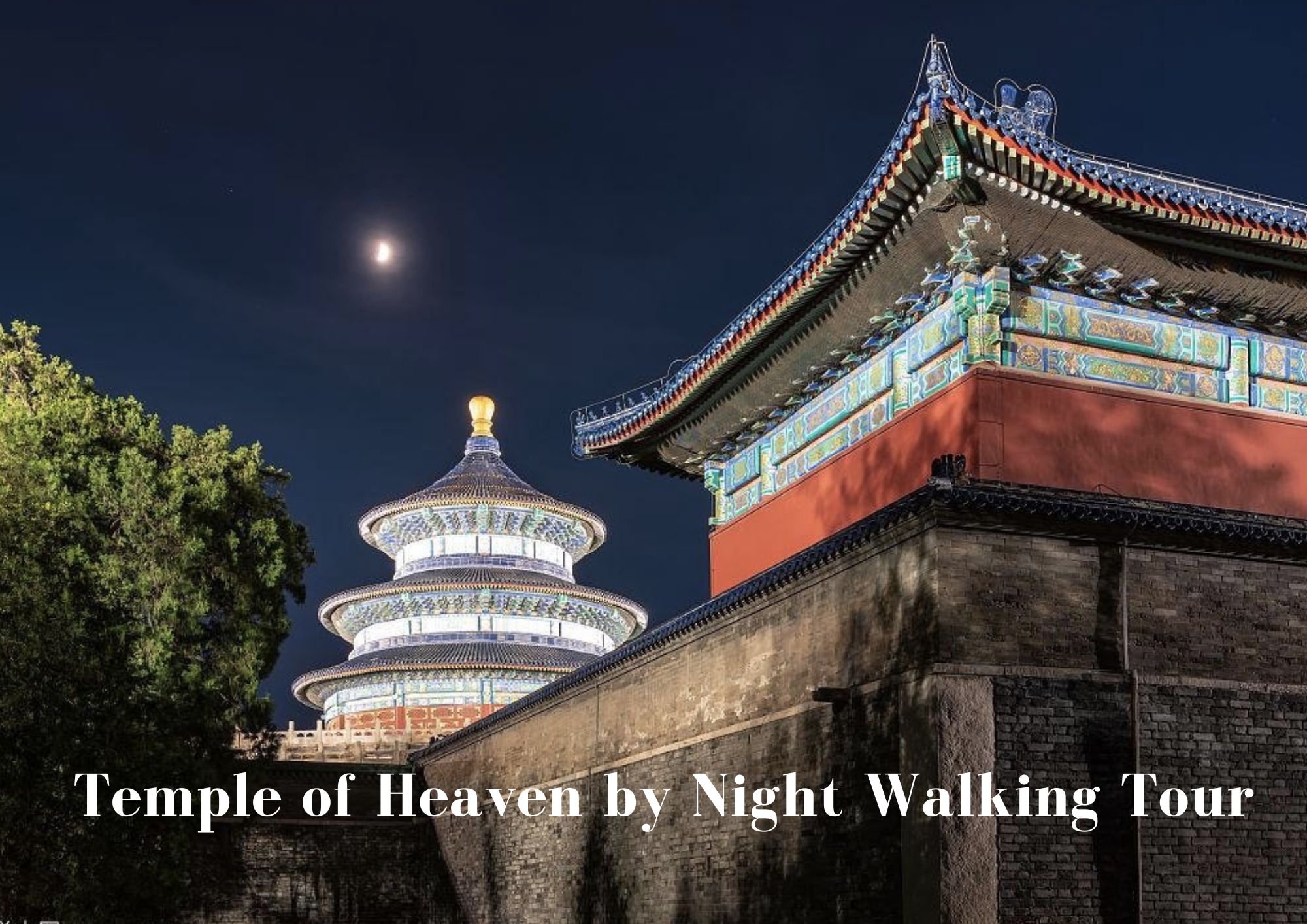China's First Constitution Was Written in the Temple of Heaven
In 1913 only a year after the emperor had vacated his throne, the young republic chose to draft China’s first constitution within the Temple of Heaven. It almost seemed as if even the young republic hoped to be mandated by heaven above, just like the Imperial rulers before it.
It was the Jiajing emperor who first made the round design of the hall to good harvest in the 16th century, that we know as the temple of heaven today.
For thousands of years it had been praying at winter solstice to Shangdi - the ultimate ancestor of the emperors that was believed to control everything of importance like victory in battle, natural catastrophes and not least the harvest, that gave the dynastic rulers the mandate from heaven. The idea of Shangdi can be traced all the way back to the earliest known Chinese characters found more than 3000 years ago on the oracle bones.
No dynastic ruler could ignore submitting to Shangdi. In fact throughout the dynasties and all the way into the republic, when drastic changes were made in China the rites at the rites at the Temple of Heaven had to be reinterpreted and changed accordingly to fit a new reality.
When the constitution was finally implemented in 1923 a commemarative stamp with the temple of heaven was issued
In fact the enormous Temple of Heaven complex in Beijing was built in 1420, when the Yongle emperor had an urgent need to show that he had the backing of Shangdi. Yongle was desperate because he had killed his nephew to take the throne, and there by violated sacred rules of succession. To win over his own hostile bureaucracy he built the 273 hectar big complex that we know as the Temple of Heaven in Beijing today, simply to show that he was the son of heaven, the one chosen to rule China.
When Yuan Shikai in 1914 wanted become emperor the first thing he did was to pray to Shangdi at winter solstice
The design of the Temple of Heaven that is preserved till today was built under Jiajing another emperor that needed to prove his legitimacy. When The Jiajing emperor, who is often remembered as one of the most vicious tyrants of China, took on his own bureaucracy and created a shadow government of eunuchs in the 16th century, he declared that the rites that had kept Ming rulers in power before him were not consistent with the rites of the Zhou dynasty established 4000 years ago. Jiajing was not the direct heir to the throne and in order to improve his Imperial bloodline he made his father emperor posthumously, and in the city of Beijing he created additional altars to the sun, the earth and the moon, but the most important altar complex remained the Temple of Heaven, here Jiajing for the first time made the roof of the hall to good harvest round in a three-parts design as we know it today.
Mao and the rest of the new leaders visited the Temple of Heaven in 1949
Another good example of the important role that the Temple of Heaven played in Chinese rule even after the last emperor abdicated, comes from the time of the first president of China, Yuan Shikai. When, in 1914, he tried to consolidate power and become emperor himself, the first thing he did was to perform rituals at the Temple of Heaven. This put a hold on the efforts to ratify the first constitution for China mentioned above. But heaven did not grand Yuan Shikai an empire - instead he died in misery only a couple of years after. When finally in 1923 the first Chinese constitution was put into use, it had the Temple of Heaven on its front cover.
The first draft of a Chinese constitution was made in the Temple of Heaven
Even the communist leaders seemed to at least nod in the direction of the Temple of Heaven before taking over. Only a week before declaring the establishment of the communist People’s Republic of China in 1949, Mao Zedong visited the temple alongside the most important leaders of the new government. It was only a stroll, not in any way a submission, but it is interesting that Mao - who never officially visited the Forbidden City because of its feudal legacy - did in some way pay respects to the Temple of Heaven before he declared himself the leader of China.
Hear more at our upcoming event:
Temple of Heaven by Night Walking Tour





